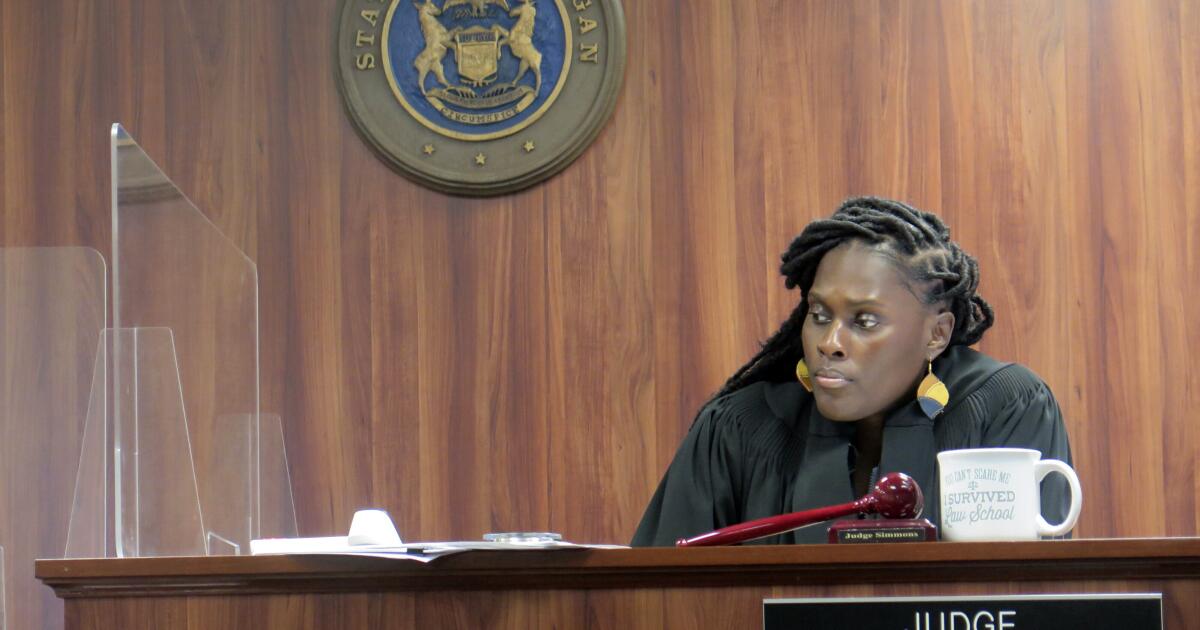Judge tosses summons for ‘Bear’ writer after train incident
Writer Alex O’Keefe, whom police detained last month in a viral seating dispute on a New York City train, is off the hook for alleged disorderly conduct.
A New York City administrative judge dismissed a civil summons against former “The Bear” writer O’Keefe on Tuesday, ending its case against him. O’Keefe informed his Instagram followers that “the charges against me were dismissed” and “deemed by the judge facially insufficient.”
“That’s legal-ese for [‘BS’],” O’Keefe says in the video as he stands outside the courthouse. “They never had anything on me … they were trying to make an example of me.”
O’Keefe attorney Lindsay Lewis said in a Wednesday statement that the writer’s legal team “commends the Court for reaching the only just and correct result based on the law — a complete dismissal of the case.”
Last month, O’Keefe uploaded videos of the Sept. 18 incident to Instagram. He documented MTA police in New York placing him in handcuffs for alleged disorderly conduct. In the caption of his post, the speechwriter — who is Black — alleged that officials detained him on a train after an “old white woman” complained about how he was sitting. He claimed the woman took issue with the “one Black person on the train.”
The MTA Police Department confirmed it responded to a “report of a disorderly passenger” at the Fordham Metro-North station in the Bronx. A conductor reported that a 31-year-old passenger occupied two seats and “refused to remove his feet from one of the seats.”
Police accused O’Keefe of placing both his legs across an adjacent seat, violating the rail line’s rules. They also accused him of refusing police directions to exit the train onto the platform and to board a following train. O’Keefe delayed service “for several hundred other riders for six minutes,” police alleged, and was handcuffed and removed from the train.
In his Instagram post about the incident, O’Keefe alleged that a friend of the woman who scolded his manner of sitting told him, “You’re not the minority anymore.” He added that police “arrested” him without “even talking to the Karen who reported the one Black person on the train” and that only other Black passengers recorded the dispute.
Police refuted that and said O’Keefe “was not placed under arrest at any time” during the incident.
O’Keefe doubled down on his previous denials of wrongdoing in a statement shared Tuesday, writing, “I was harassed and detained for sitting while Black.
“Today, the court made a clear judgement: I did nothing illegal on September 18. Like millions of New Yorkers, I was going to work to earn a living and support my family,” he added. “Even though this absurd case was dismissed today, I will continue to defend the civil rights of every New Yorker. Every worker has a right to a safe commute.”
The Associated Press contributed to this report.









